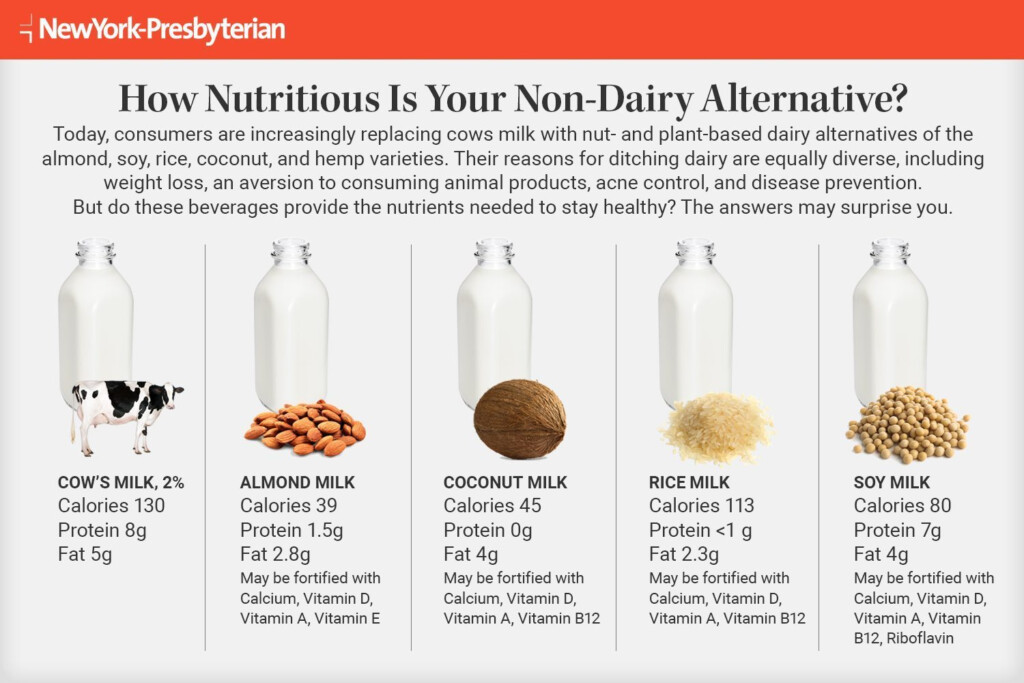Cow’s milk is a rich source of essential nutrients that are important for overall health. It is packed with calcium, which is crucial for bone health and development. Additionally, cow’s milk is a good source of protein, which is essential for muscle growth and repair. It also contains vitamins such as vitamin D and B12, as well as minerals like potassium and phosphorus.
One cup of cow’s milk (whole milk) contains approximately 150 calories, 8 grams of protein, 12 grams of carbohydrates, and 8 grams of fat. It also provides about 30% of the recommended daily intake of calcium and 25% of the recommended daily intake of vitamin D.
Cow’s Milk Nutrition Information
Is Cow’s Milk Suitable for Everyone?
While cow’s milk is a nutritious beverage for many people, it may not be suitable for everyone. Some individuals may be lactose intolerant, meaning they have difficulty digesting lactose, the sugar found in milk. In these cases, lactose-free milk or dairy alternatives such as almond milk or soy milk may be better options.
It’s important to note that cow’s milk is a common allergen, particularly in children. Symptoms of a milk allergy can include hives, stomach cramps, and difficulty breathing. If you suspect a milk allergy, it’s important to consult with a healthcare provider for proper diagnosis and guidance on suitable alternatives.
How to Incorporate Cow’s Milk into Your Diet
Cow’s milk can be enjoyed on its own or used in a variety of recipes, from smoothies and oatmeal to soups and sauces. It can also be used to make dairy products such as yogurt and cheese. For those looking to reduce their fat intake, opting for low-fat or skim milk can be a healthier alternative.
When selecting cow’s milk, it’s important to choose products that are fortified with vitamin D, as this nutrient is not naturally found in high amounts in milk. Additionally, organic milk may be preferred by some individuals who wish to avoid hormones and antibiotics that may be present in conventional dairy products.
